Filter by
Ariconium, Herefordshire An Iron Age settlement and Romano-British 'small town'
The Roman 'small town' of Ariconium in southern Herefordshire has long been known as an important iron production center but has remained very poorly understood. The town is suggested to have developed from a late Iron Age Dobunnic tribal center, which owed its evident status and wide range of contacts to control of the production and distribution of Forest of Dean iron. Rapid expansion during …
- Edition
- -
- ISBN/ISSN
- 9781842179352
- Collation
- -
- Series Title
- -
- Call Number
- -
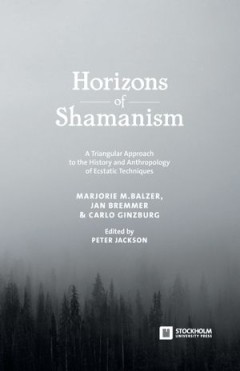
Horizons of Shamanism: a Triangular Approach To The History and Anthropology …
"The multifarious and sometimes contested concept of “shamanism” has aroused intense popular and scholarly interest since its initial coinage by the Russian scholar V. M. Mikhailovsky in the late 19th century. In this book, three leading scholars, representing different branches of the humanities, dwell on the current status of shamanic practices and conceptions of the soul, both as ‘etic…
- Edition
- -
- ISBN/ISSN
- 9789176350270
- Collation
- -
- Series Title
- -
- Call Number
- 301
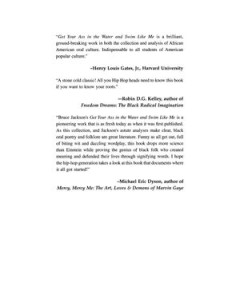
Get Your Ass in the Water and Swim Like Me
First published in 2004. Routledge is an imprint of Taylor & Francis, an informa company.
- Edition
- -
- ISBN/ISSN
- 9780203323311
- Collation
- -
- Series Title
- -
- Call Number
- 780

Building a Sustainable and Desirable Economy-in-Society-in-Nature
The world has changed dramatically. We no longer live in a world relatively empty of humans and their artifacts. We now live in the “Anthropocene,” era in a full world where humans are dramatically altering our ecological life-support system. Our traditional economic concepts and models were developed in an empty world. If we are to create sustainable prosperity, if we seek “improved huma…
- Edition
- -
- ISBN/ISSN
- 9781921862045
- Collation
- -
- Series Title
- -
- Call Number
- -
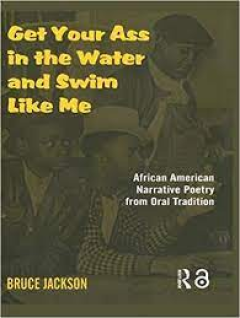
Get Your Ass in the Water and Swim Like Me
First published in 2004. Routledge is an imprint of Taylor & Francis, an informa company.
- Edition
- -
- ISBN/ISSN
- 9780203323311
- Collation
- -
- Series Title
- -
- Call Number
- 821
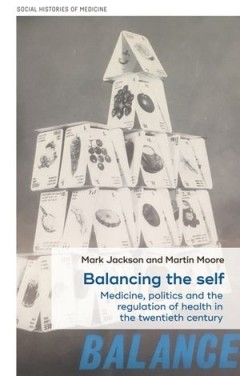
Balancing the self : Medicine, politics and the regulation of health in the t…
Concepts of ‘balance’ have been central to modern politics, medicine and society. Yet, while many health, environmental and social challenges are discussed globally in terms of imbalances in biological, social and ecological systems, strategies for addressing modern excesses and deficiencies have focused almost exclusively on the agency of the individual. Balancing the Self explores the div…
- Edition
- -
- ISBN/ISSN
- 9781526132123
- Collation
- -
- Series Title
- -
- Call Number
- -
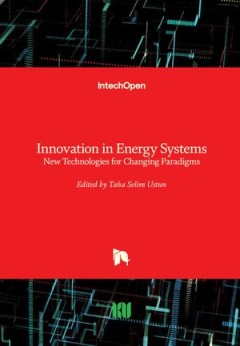
A Proximate Remove: Queering Intimacy and Loss in The Tale of Genji
A free ebook version of this title is available through Luminos, University of California Press's Open Access publishing program. Visit www.luminosoa.org to learn more. How might queer theory transform our interpretations of medieval Japanese literature and how might this literature reorient the assumptions, priorities, and critical practices of queer theory? Through a close reading of The Tale…
- Edition
- -
- ISBN/ISSN
- 9780520382558
- Collation
- -
- Series Title
- -
- Call Number
- -
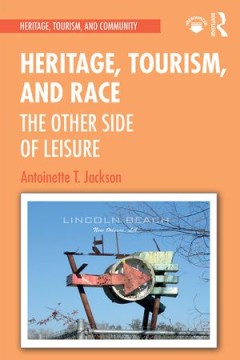
Heritage, Tourism, and Race: The Other Side of Leisure
Heritage, Tourism, and Race views heritage and leisure tourism in the Americas through the lens of race, and is especially concerned with redressing gaps in recognizing and critically accounting for African Americans as an underrepresented community in leisure.Fostering critical public discussions about heritage, travel, tourism, leisure, and race, Jackson addresses the underrepresentation of A…
- Edition
- -
- ISBN/ISSN
- 9781000048063
- Collation
- -
- Series Title
- -
- Call Number
- 708 JAC h

Writing About Texts
This course, English Composition II, covers elements of modern rhetoric and research composition. Simply put, these learning modules build on the work of English Composition I by exposing students to the fundamental tenets of rhetorical studies while providing them with practice in developing perceptive, credible texts. Greek philosopher Aristotle defined rhetoric as the art of advancing the be…
- Edition
- -
- ISBN/ISSN
- -
- Collation
- -
- Series Title
- -
- Call Number
- 808 FLO w

World Religions
This module will provide students with an introduction to religion as an academic discipline. The module Learning Unit will familiarize students with the difficulties of defining religion as an academic category, explore academic theories for understanding individual religious impetus, and provide a definitional criteria for the term ‘World Religion.’ From there, the student will analyze th…
- Edition
- -
- ISBN/ISSN
- -
- Collation
- -
- Series Title
- -
- Call Number
- 210 FLO w
 Computer Science, Information & General Works
Computer Science, Information & General Works  Philosophy & Psychology
Philosophy & Psychology  Religion
Religion  Social Sciences
Social Sciences  Language
Language  Pure Science
Pure Science  Applied Sciences
Applied Sciences  Art & Recreation
Art & Recreation  Literature
Literature  History & Geography
History & Geography